Description
There are ten mini-lessons on the following topics:
Mini Lesson #1: Introduction
Students will learn about the whole class novel they are about to read, the goals for the unit, how their work will be assessed and you will review your reading schedule.
Mini Lesson #2: Summarizing
Students will learn that they need to reread and summarize parts that seem confusing in a book.
Mini Lesson #3: Types of Questions
Students will learn that there are two types of questions to ask about literature, open and closed. Open questions are debatable and closed questions usually only have one answer that can be found directly in the book.
Mini Lesson #4: Connecting and Predicting
Students will learn that there are many ways to connect to a book. They will also learn that predictions are actually quite scientific!
Mini Lesson #5: How to Have a Meaningful Discussion
Students will learn basic and advanced discussion skills and apply these skills in a large group discussion as well as a small group discussion.
Mini Lesson #6: Character Analysis
Students will learn to look closely at textual evidence in order to make inferences about character descriptions, actions, motivations and how they change throughout the book.
Mini Lesson #7: Figurative Language Analysis
Students will learn how to identify symbolism and other figurative language types in a novel.
Mini Lesson #8: Author’s Craft Analysis
Students will learn that author’s craft is the art of writing purposefully in order to impact the reader.
Mini Lesson #9: Plot Analysis
Students will review/learn the parts of a typical plot structure as well as other types such as the hero’s journey.
Mini Lesson #10: Theme Analysis
Students will learn how to develop strong theme statements about a novel.
Each mini-lesson is 1-2 pages and very easy to follow! Here is how each mini-lesson is organized:
Objective– the goal for the mini-lessons
Materials– all the necessary charts/posters/videos/tools you need for the lesson
Hook– a fun way to start the mini-lesson
Teaching Point– straightforward statement about what students will learn
Modeling– showing skill with writing samples/mentor texts
Practice-an opportunity for students to apply skills and practice with peers
Conferring– tips for how to discuss work with students with one-on-one conversations
Share– a way for students to share what they accomplished, struggles they faced and goals they have
Also Included in this Product:
- Distance Learning PDF
- Teacher’s Guide
- Editable Google Slides
- Editable PowerPoint Slides
- Posters
- Writing Charts
- Writing Samples
- Editable Assessment Tools (Google Doc and Microsoft Word)
- Videos

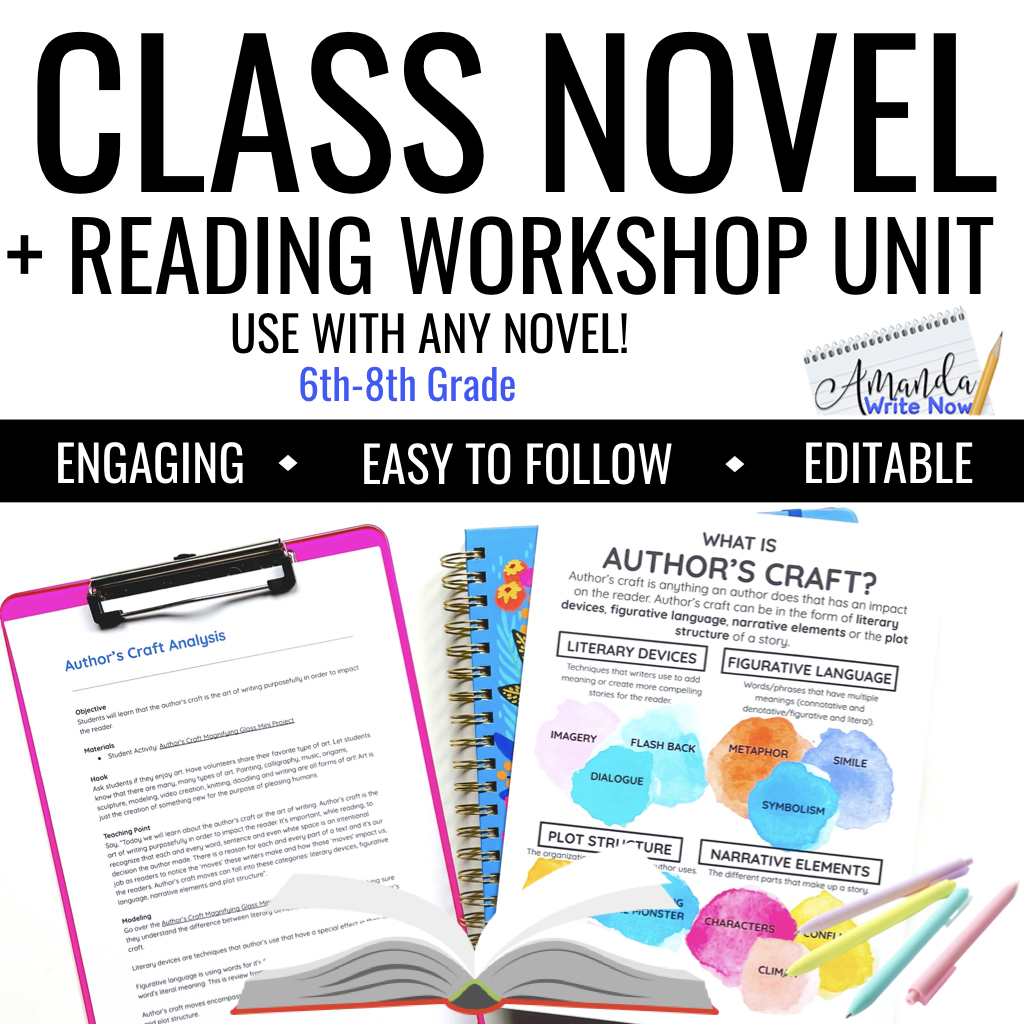
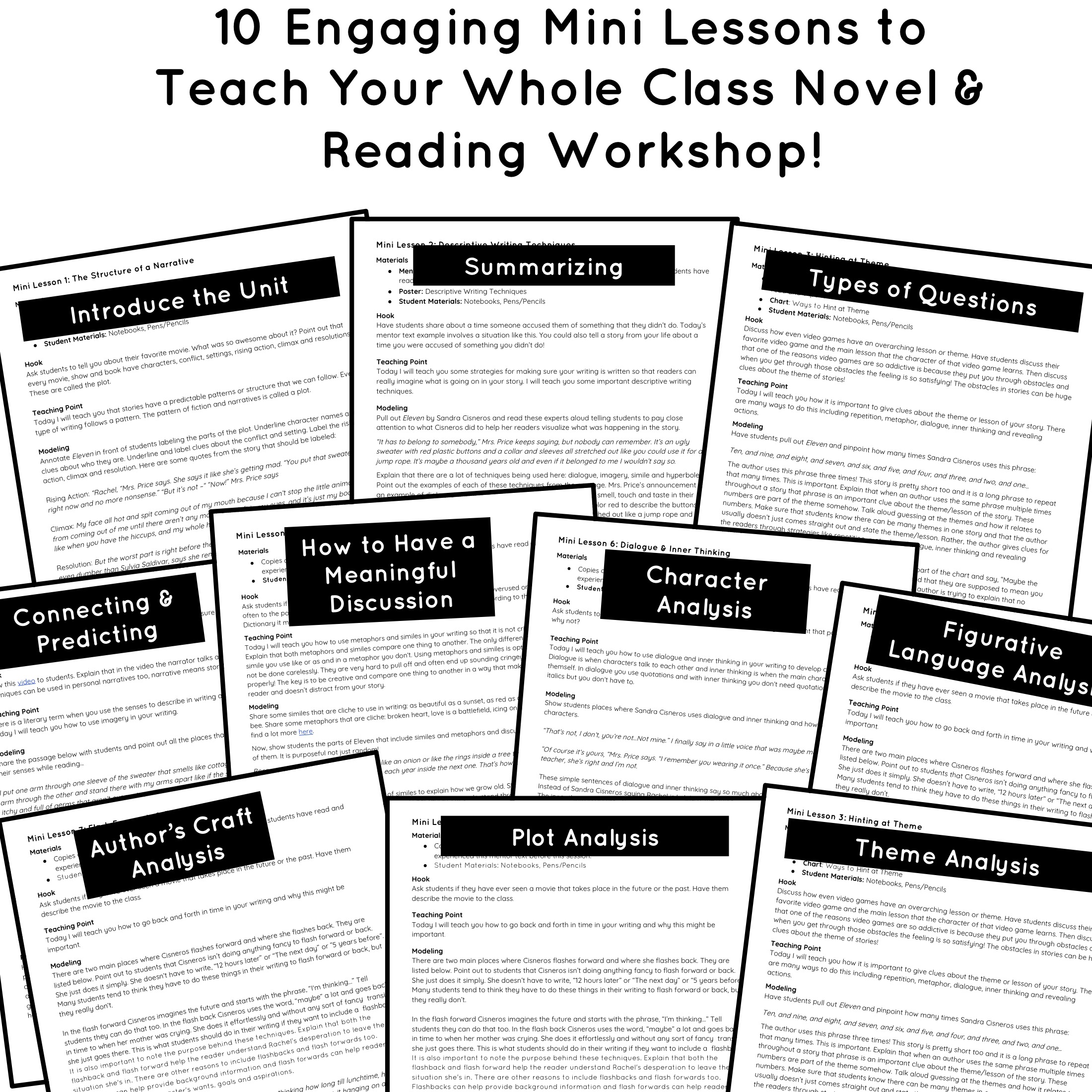
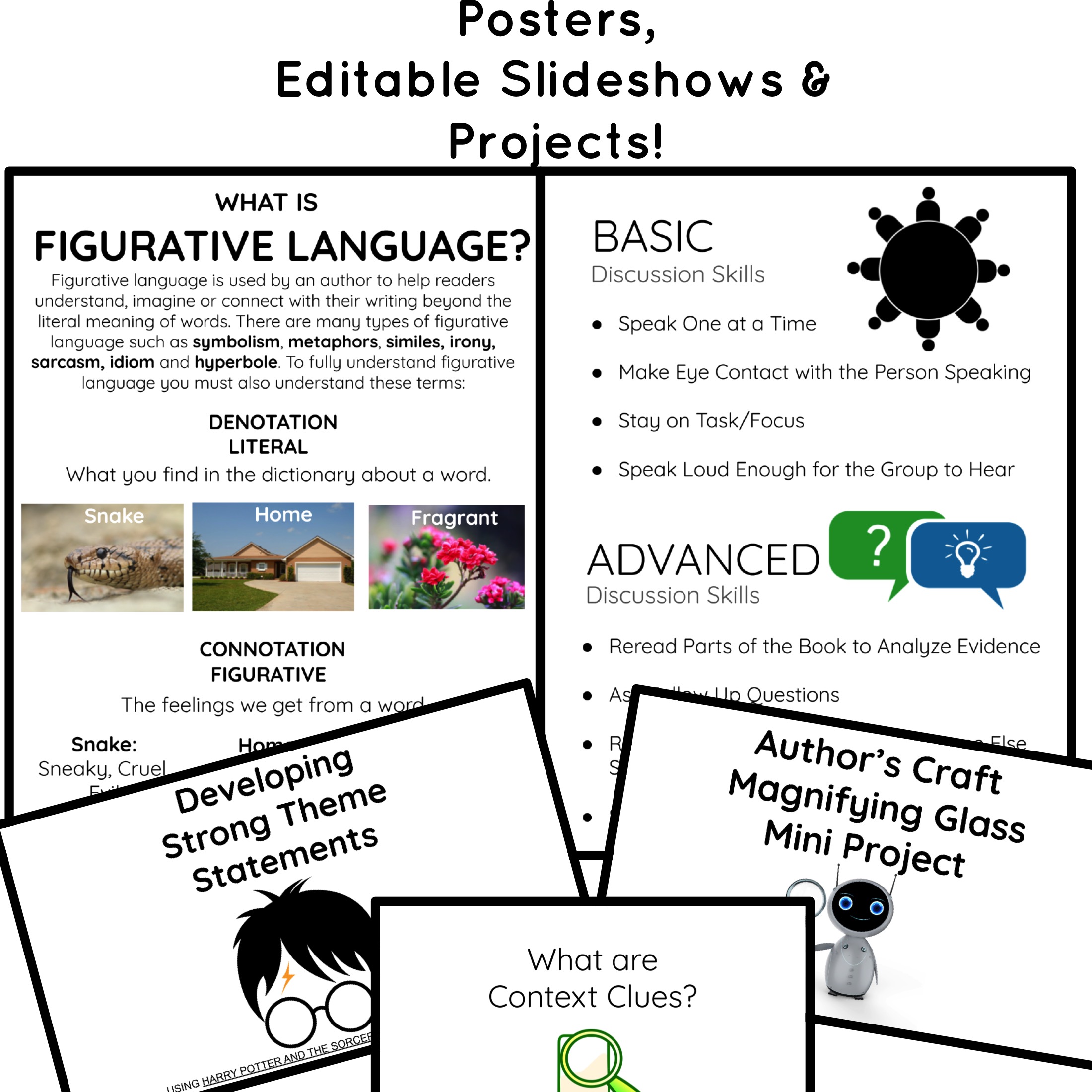
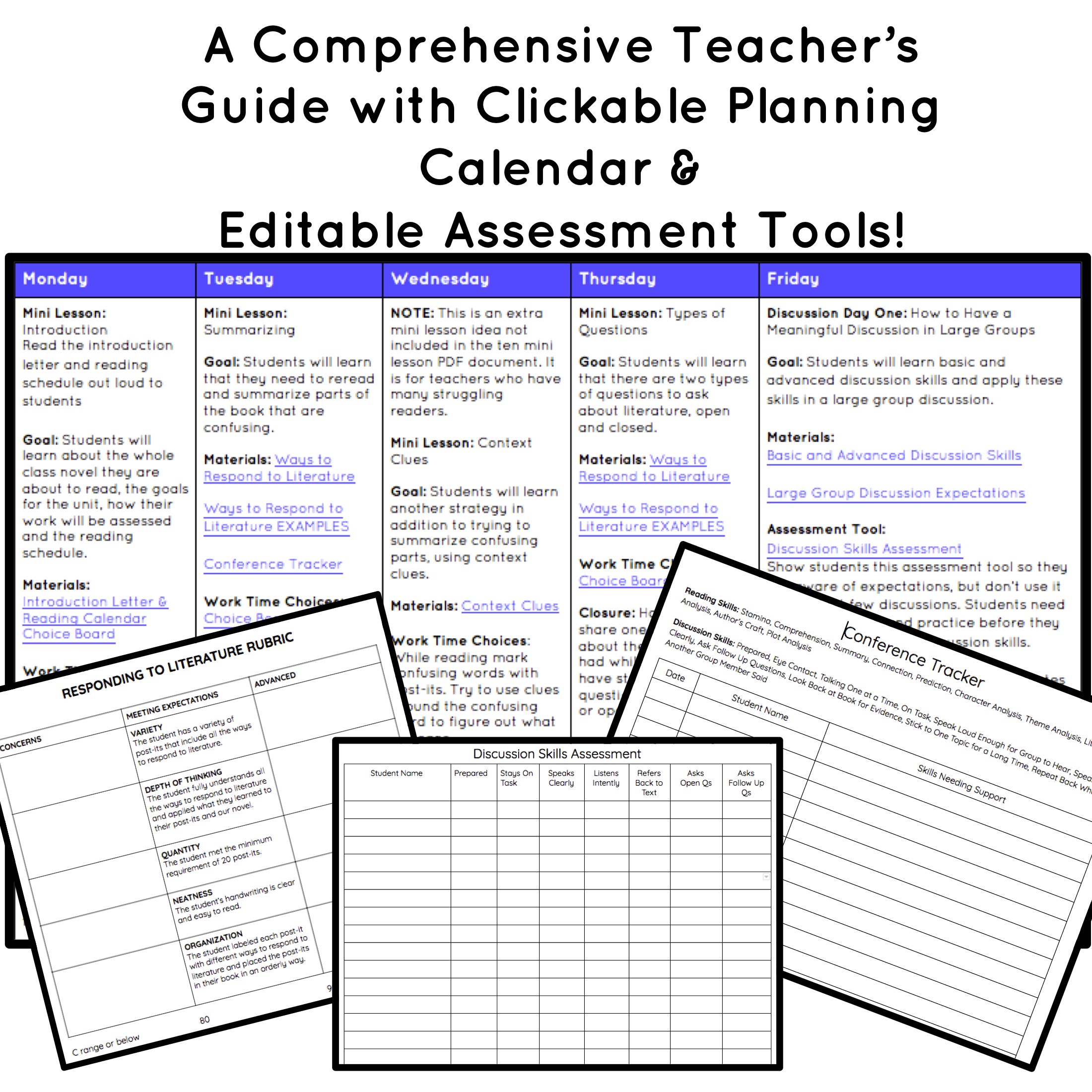
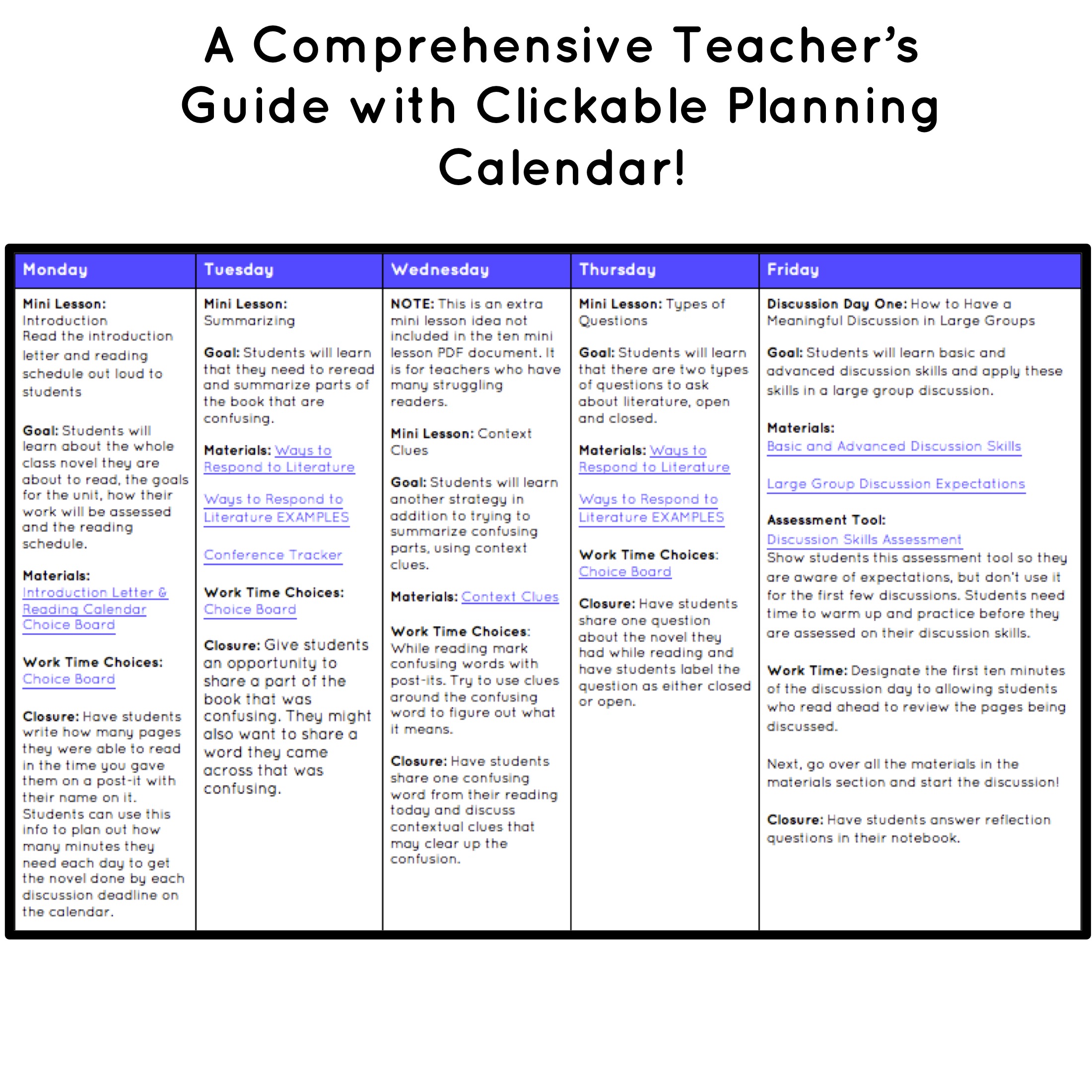
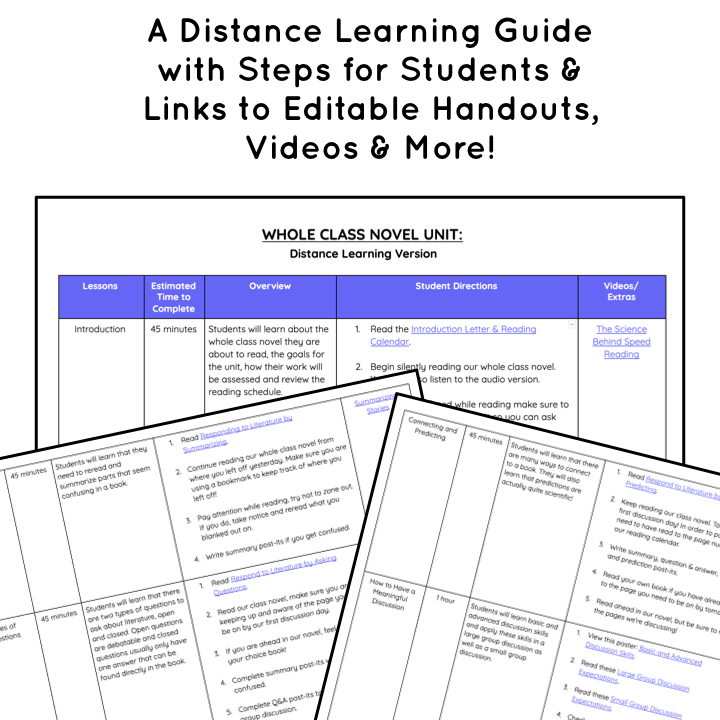
Reviews
There are no reviews yet.